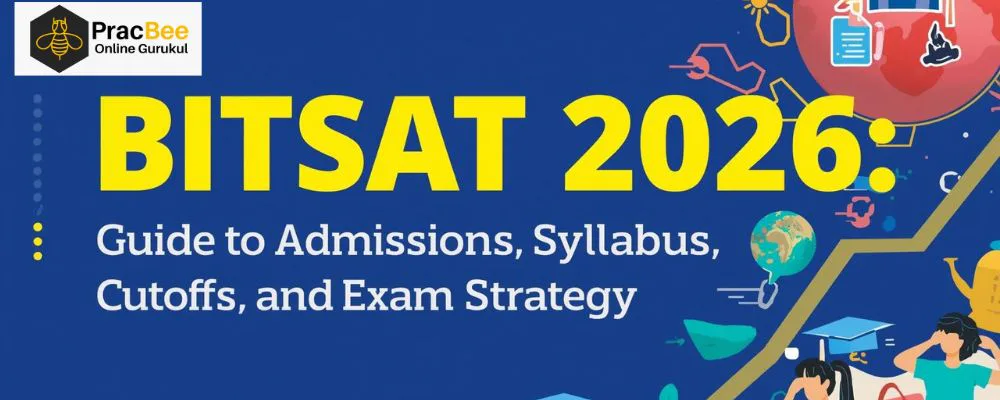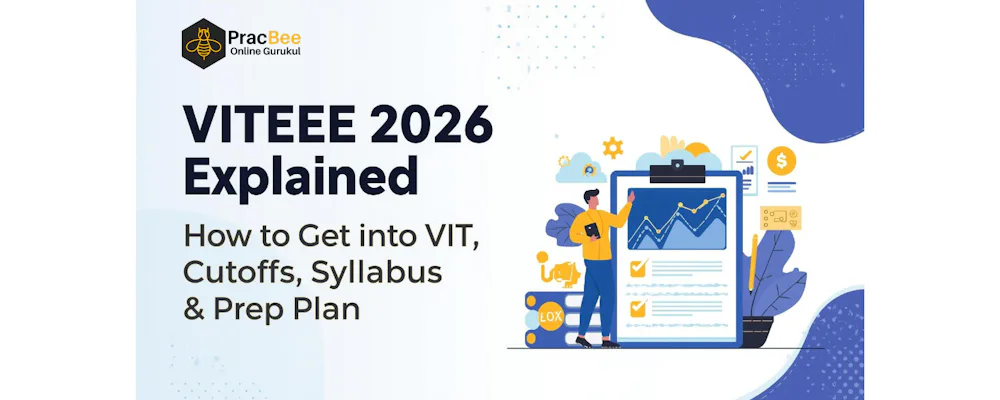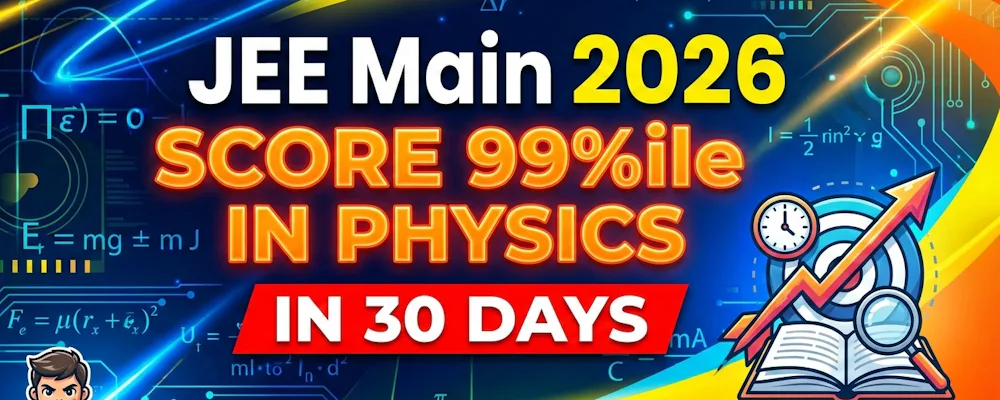
Are you dreaming of the "zero-attendance" freedom at BITS Pilani? Or perhaps you're eyeing the scenic Goa campus or the tech-integrated Hyderabad campus? If you are a high-achieving engineering aspirant in India, the Birla Institute of Technology and Science Admission Test (BITSAT) is likely your top priority alongside JEE. With the BITSAT 2026 application process officially open, the race for one of the most prestigious private engineering seats in the country has begun. Unlike other exams, BITSAT isn't just about what you know; it’s about how fast and accurately you can apply it. In this deep dive, we cover everything from the updated registration dates to the "secret" bonus questions and the real score data needed to land Computer Science. BITSAT 2026: At a Glance Before we dive deep, here are the quick facts every aspirant needs to save

VITEEE 2026 decoded! Check syllabus, expected cutoffs, admission process, and a smart prep plan to boost your chances of getting into VIT.

Score 99 percentile in JEE Main 2026 Physics with a 30-day high-ROI plan. Chapter-wise weightage, smart strategy, and PYQ-based revision.

Preparing for JEE Main 2026? Don’t waste time! Learn the most important topics, deleted syllabus, smart 60-day strategy, and topper-approved revision hacks.